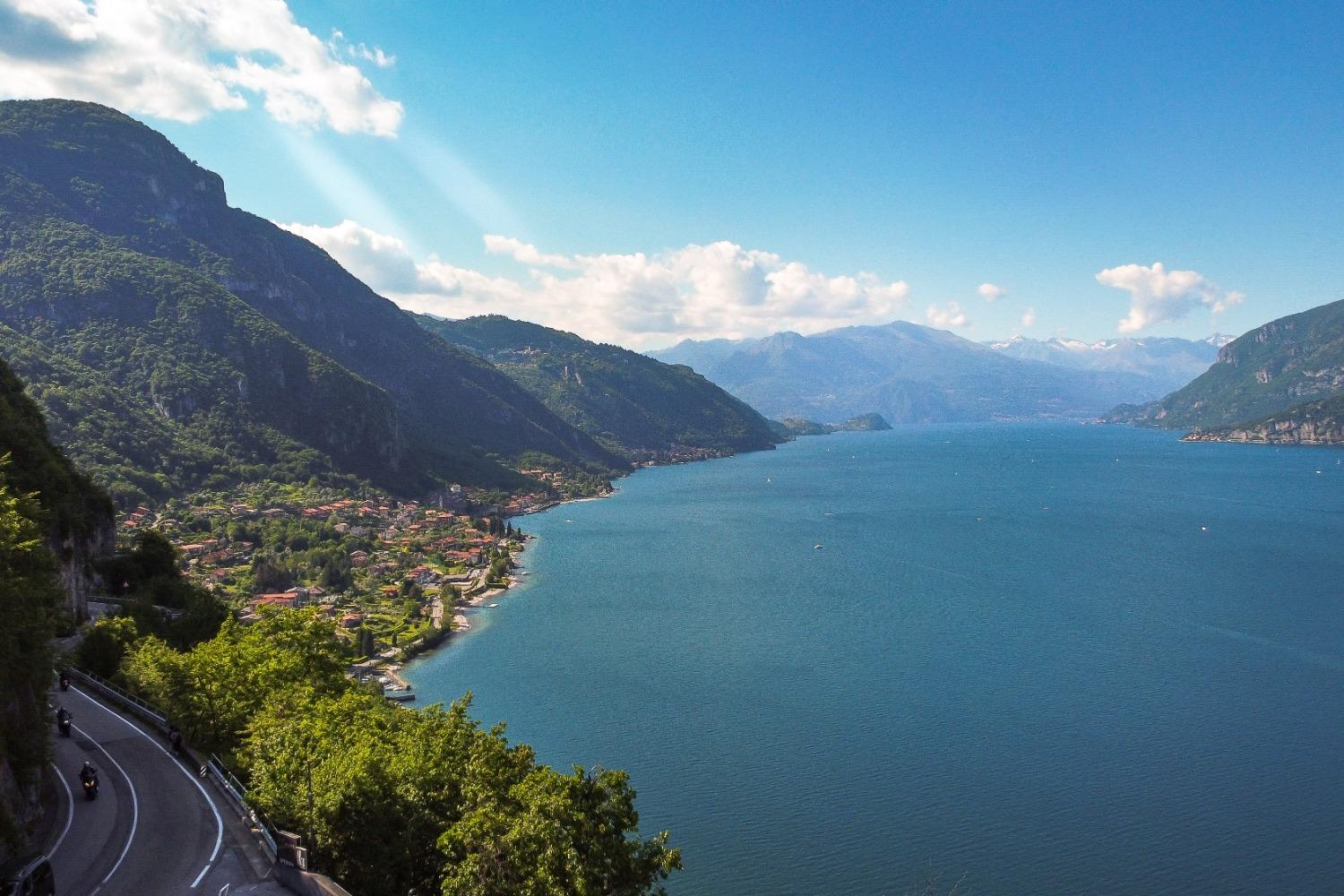
As summer draws to a close, many give thanks for vacation days spent swimming in ocean waves, fishing along peaceful lakeshores, or hiking on mountain trails. Such recreation during the beauty of summer connects us with the gift of nature and the splendor of the Creator’s handiwork. Yet with the fall season, we often turn our attention back toward studies and careers where there can be a tendency to forget about the refreshment that comes from nature when out of the classroom or office.
In his Letters from Lake Como, Romano Guardini notes that over time, humanity has managed to become “masters” of nature, while at the same time growing more distant from it. As an example, sailing vessels in days past allowed seamen to feel closely connected to nature as they braced against the wind and the waves. Yet with time, motorized ocean liners shielded the crew and the passengers from the forces of nature that surrounded or sustained them, as they enjoyed their “civilized” bars, restaurants, and dance floors while onboard the ship.
For human work to proceed, there must be a sense in which nature becomes altered. Wood is chopped, metal is smelted, stone is carved, and the earth is tilled. Nature is refashioned by man to a certain extent in his ongoing survival and by the exercise of gifts and talents. And within humanity’s various workings and professions, cultures are formed. Yet Guardini instinctively knew that authentic human cultures should remain closely connected to nature, so as to avoid the risk of becoming overly artificial, and thus, overly “barbarian.”
Those who labor outdoors are blessed to maintain a closeness with nature, which Guardini yearned to recover. Farmers feel the moisture of the soil, fishermen haul nets aboard in rough seas, and foresters examine the health of a tree’s roots and leaves. Yet even these professions can run the risk of becoming too artificial, too reliant upon technologies in which the experience of machines is felt more prominently than the rhythm of nature itself.
Modern technologies have greatly improved the quality of life in countless ways, such as in communication, health care, and travel. Yet the joys of this past summer season should remind us that Creation is to be admired and embraced, and not simply engineered and conquered. We were not created for sterile environments where the rhythm of life and the changing of the seasons are not deeply felt. Nor are we designed for manufactured environments that shield us from the reminder that life has an ebb and a flow, a beginning and an end.
The rise of new technologies can leave us with cultures that are highly automated and programmatic. These surroundings, while constructed on the laws of science, often point toward the handiwork of man rather than the handiwork of God. Immersing oneself in the outdoor world serves as a reminder of the presence of the Creator, who speaks to us through the book of nature. As we enter a new fall season and a new academic year, let us remain rooted in the rhythm of life that surrounds us beyond the confines of what we can construct. For in taking time to study the book of nature and embrace the rhythm and gift of Creation, we will avail ourselves to the evidence of God’s continued nearness in our lives.


